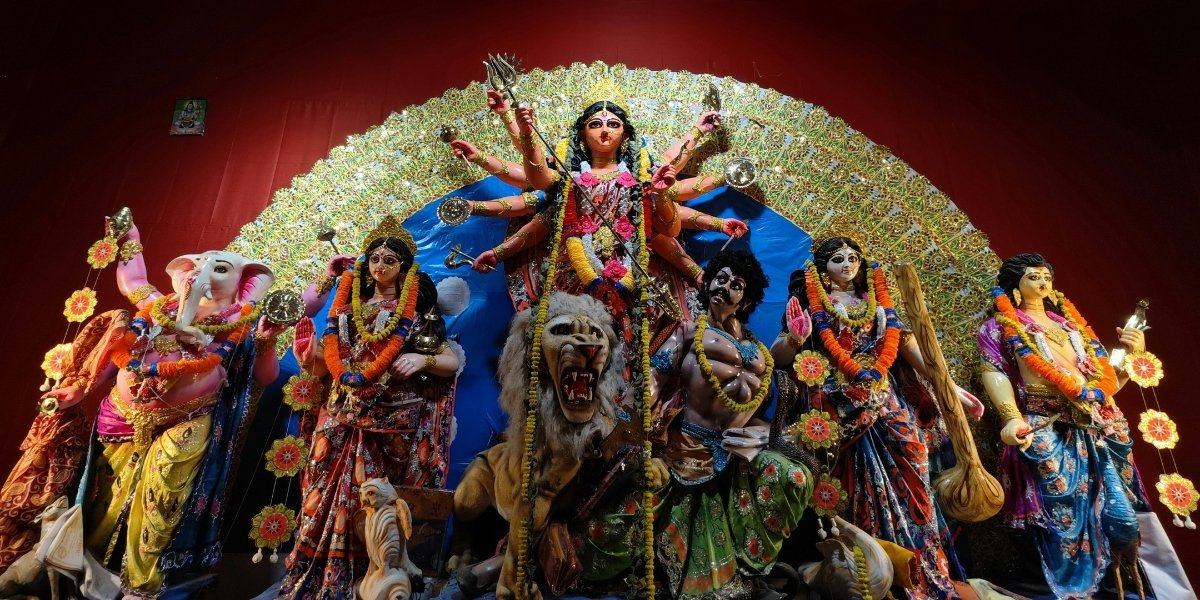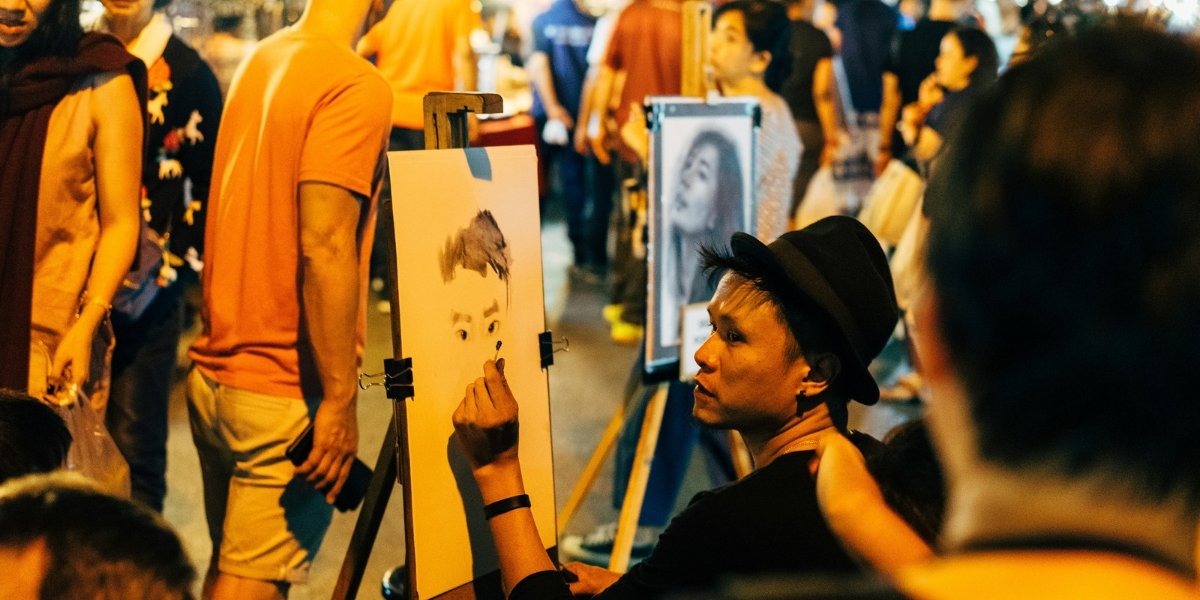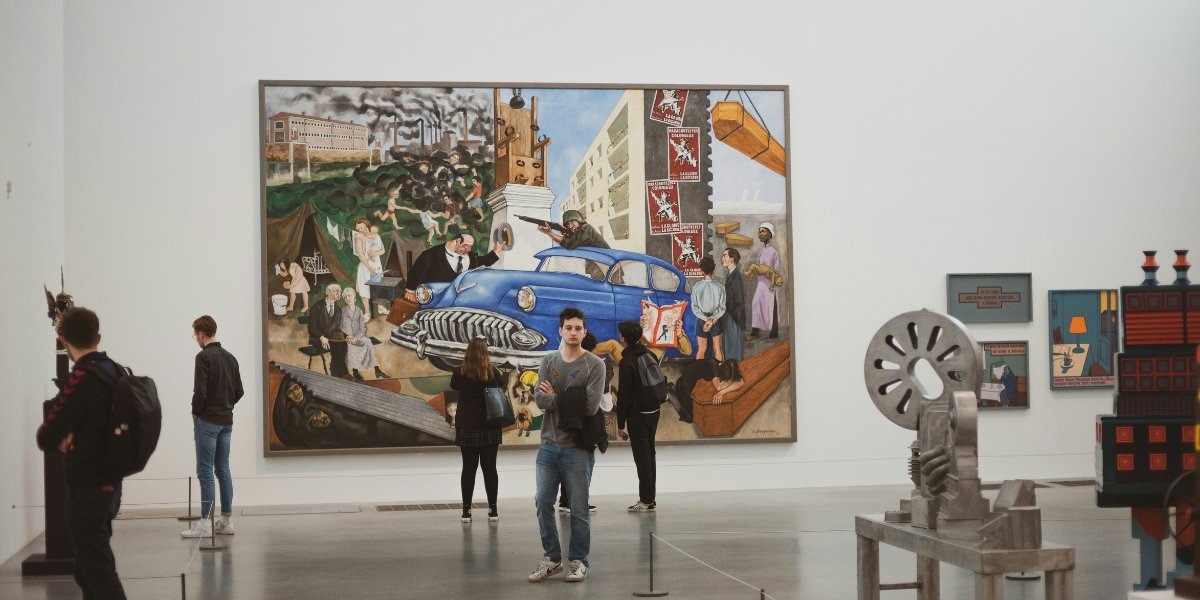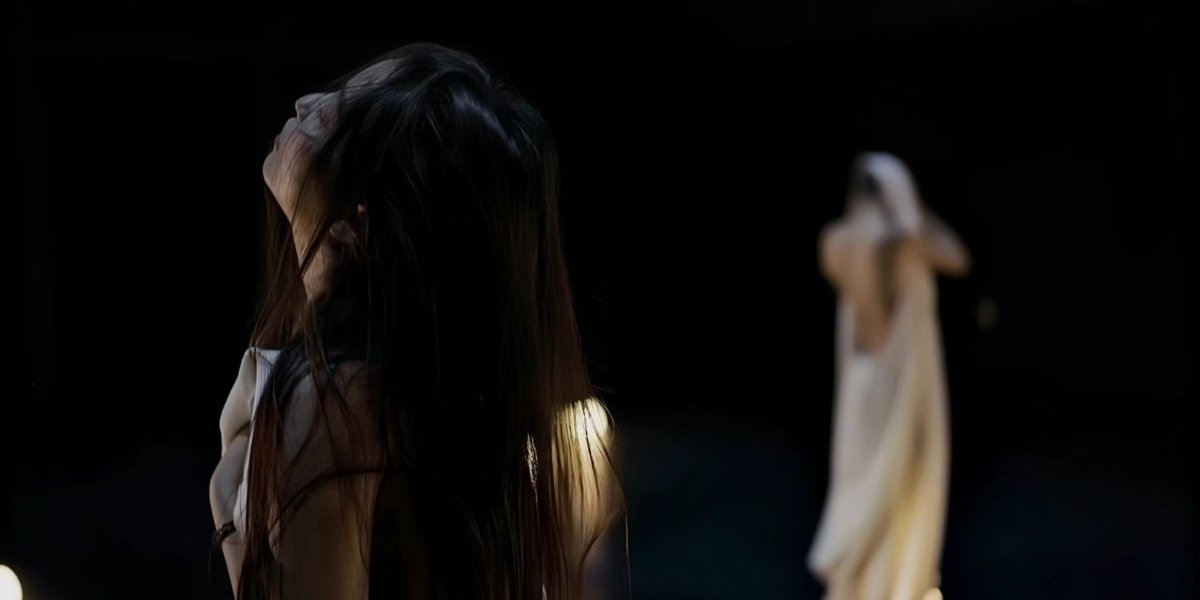By: Jim Manley
The Gene Frankel Theatre sits tucked away on Bond Street like one of the city’s best-kept secrets—until Thomas G. Waites walks onstage. Then, it erupts with memory, music, and the magnetic pull of a man who’s lived hard, lost big, and come roaring back with a mic in one hand and a sword of truth in the other.
In Lucky Man – A Warrior’s Journey, Waites—best known for cult classics The Warriors and The Thing, along with over 40 film and television credits and a Broadway resume that includes American Buffalo with Al Pacino—unleashes a rock-and-roll monologue that blurs the lines between memoir and music, redemption and reckoning.
And the name? A wry grin spreads across Waites’ face during our interview. “It’s a rock and role monologue,” he explains. “Role and roll—two different meanings, but the same word. That’s the essence of the show. I’m telling my story while playing a version of myself, rolling through the highs and lows, performing the role of a man who’s lived to tell the tale.”
Waites takes the stage backed by his band, Heartbreak Waites, featuring guitarist Tony Daniels, keyboardist Cedric Allen Hills, and vocalist Annie McGovern. They serve as his Greek chorus—echoing and elevating his journey from Juilliard expulsion to Hollywood fame, then through addiction, heartbreak, and ultimately healing.
“It’s not really me up there,” Waites says. “It’s an alter ego… but every story is true. Music just unlocks something that words can’t. They say it’s the language of the gods—and I believe that. The band keeps me steady. Every night, they’re the balancing pole as I walk that wire.”
From the outside, Waites has lived a dream life: roles opposite Pacino and Kurt Russell, sharing stages with Debbie Harry and Frances McDormand, and late nights with Springsteen and Madonna. But Lucky Man reveals the cost of that dream.
“Addiction,” he says bluntly, “was the hardest chapter to revisit. It’s the wreckage of the past that keeps you up at night. The damage done—not just to yourself, but to the people who loved you. Recovery isn’t just abstaining. It’s about reparations. It’s about living amends.”
The play opens with the punch of a young man getting kicked out of Juilliard. “That one stings,” Waites says with a soft laugh. “But that’s where it all started.” From there, the timeline shifts and bends—like memory often does—as he relives the wild highs of stardom and the crushing lows of loss.
There’s no hiding here. No gauzy nostalgia or sugar-coated anecdotes. Instead, Lucky Man unfolds with the brash honesty of a 12-step meeting and the raw poetry of a Springsteen ballad.
The stories tumble out—working with Carpenter, laughing with Goodman, watching Deborah Harry “connect with music like it was breathing.” These aren’t name drops. They’re touchstones in a life that’s ricocheted between genius and disaster.
“I wanted to reach as many people as possible,” Waites explains. “If I’m going to get up there and tell the truth, I might as well invite my whole life in. These icons—they helped shape me. And maybe I do them a small service by representing them properly.”
For all its grit, Lucky Man is surprisingly funny. Waites skewers his own ego with the precision of a seasoned comic.
“I’m the easiest person to make fun of,” he says. “And who doesn’t need a laugh right now? We’re in an age where everybody’s selling something. Politicians, insurance guys, influencers—everyone’s pitching. This show? It’s just me. Telling the truth. Or trying to.”

Photo Courtesy: Thomas G. Waites / Steve Conca (American Buffalo, Thomas G Waites, The Warriors, Lucky Man)
And the audience laughs. A lot. “Honestly, it throws me,” he admits. “I didn’t know people would find it that funny. But there’s beauty in that too. Humor is holy.”
Beneath the music and storytelling lies a serious inquiry: how does a man live honorably in a dishonorable world?
“A warrior,” Waites says, “was originally someone who protected the innocent, stood up for truth. And that’s what I’m trying to do. In a time when moral character is out of fashion, I want to show that it still matters.”
And it does. At a recent matinee, a climactic moment of spiritual reckoning brought audible gasps. Lucky Man doesn’t just ask audiences to watch—it asks them to feel.
“I want people to leave with hope,” Waites says. “Feel your feelings. Cry if you need to. Laugh hard. Live honestly. That’s the point.”
Asked what the younger version of himself—the brash kid on The Warriors set or the broken man at his first 12-step meeting—might think of this show, Waites pauses.
“I think I’d say to him: It’s gonna be okay, man. Just relax. Love life a little. You’re gonna get through it.”
With Lucky Man, Thomas G. Waites has done more than get through it. He’s transformed pain into poetry, chaos into chorus, and regret into something that sings.
Lucky Man – A Warrior’s Journey runs through June 22 at the Gene Frankel Theatre (24 Bond Street, NYC). Performances are Wednesdays through Saturdays at 8 PM, Sundays at 3 PM. Tickets: luckyman.eventbrite.com | 85 minutes, $35.
















